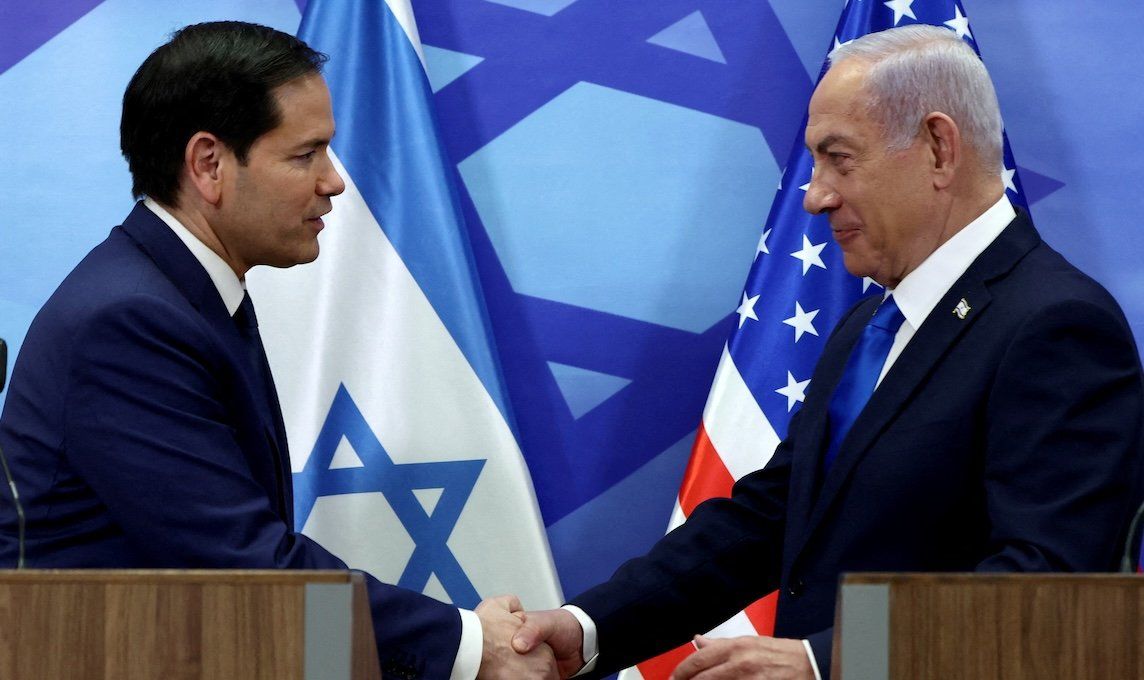When it comes to the future of Gaza, the only thing regional players agree on is that they don’t agree. Israeli Prime Minister Benjamin Netanyahu supports US President Donald Trump’s vision of an American-controlled “Riviera of the Middle East,” relocating approximately 2 million Palestinians to neighboring countries – a move widely criticized as ethnic cleansing. Egypt is formulating a reconstruction plan that would rebuild Gaza’s infrastructure, exclude Hamas from governance, and ensure Palestinians remain on their land. Saudi Arabia, meanwhile, is developing an alternative strategy, advocating for Gaza’s reconstruction, a two-state solution, and no displacement of residents.
Who’s talking to whom? US Secretary of State Marco Rubio met with Netanyahuon Sunday and declared that Hamas “cannot continue as a military or government force … they must be eliminated.” On Monday, the Israeli cabinet met to review “phase two” of the ceasefire with Hamas, and Defense Minister Israel Katz began the process of creating an agency to facilitate the “voluntary” relocation of Palestinians from Gaza. And where would they go? Katz said the Israeli military should prepare land, sea, and air exit options for Gazans to move to “any country willing to accept them.”
Also on Monday,Rubio met with Saudi Arabia’s Crown Prince Mohammed bin Salman in Riyadh. A statement issued afterward by the palace made no reference to Gaza, noting only that the two men “reviewed aspects of the bilateral relations between the two friendly countries and ways to enhance and develop them in various fields.”
What’s next? On Feb. 20, Saudi will host a meeting with Egypt, Jordan, Qatar, and the United Arab Emirates, to discuss Egypt’s proposal – and a “representative of Palestine” could be invited as well. The meeting is a precursor to a larger regional summit on Feb. 27, which may now be delayed for “logistical reasons.”